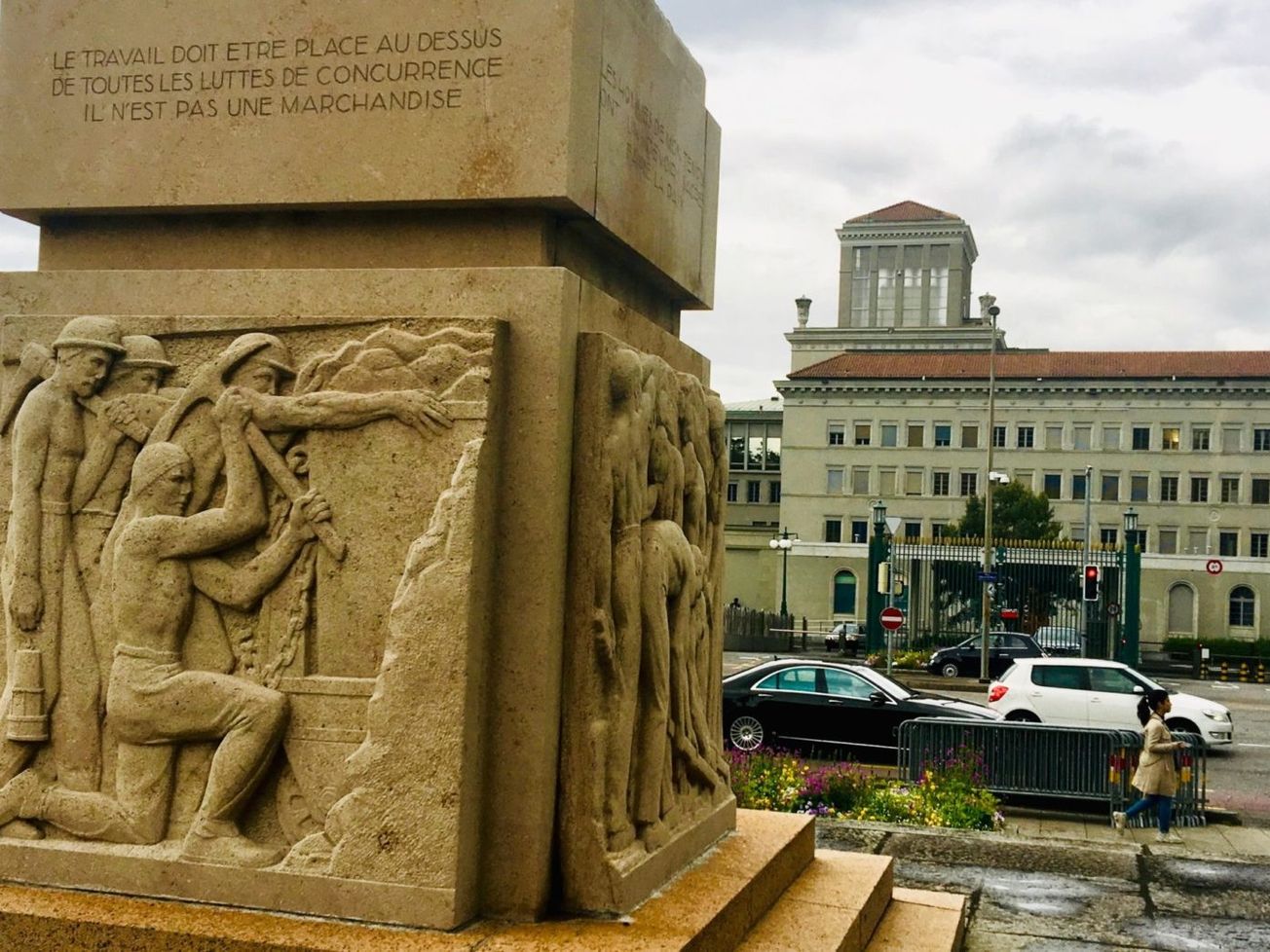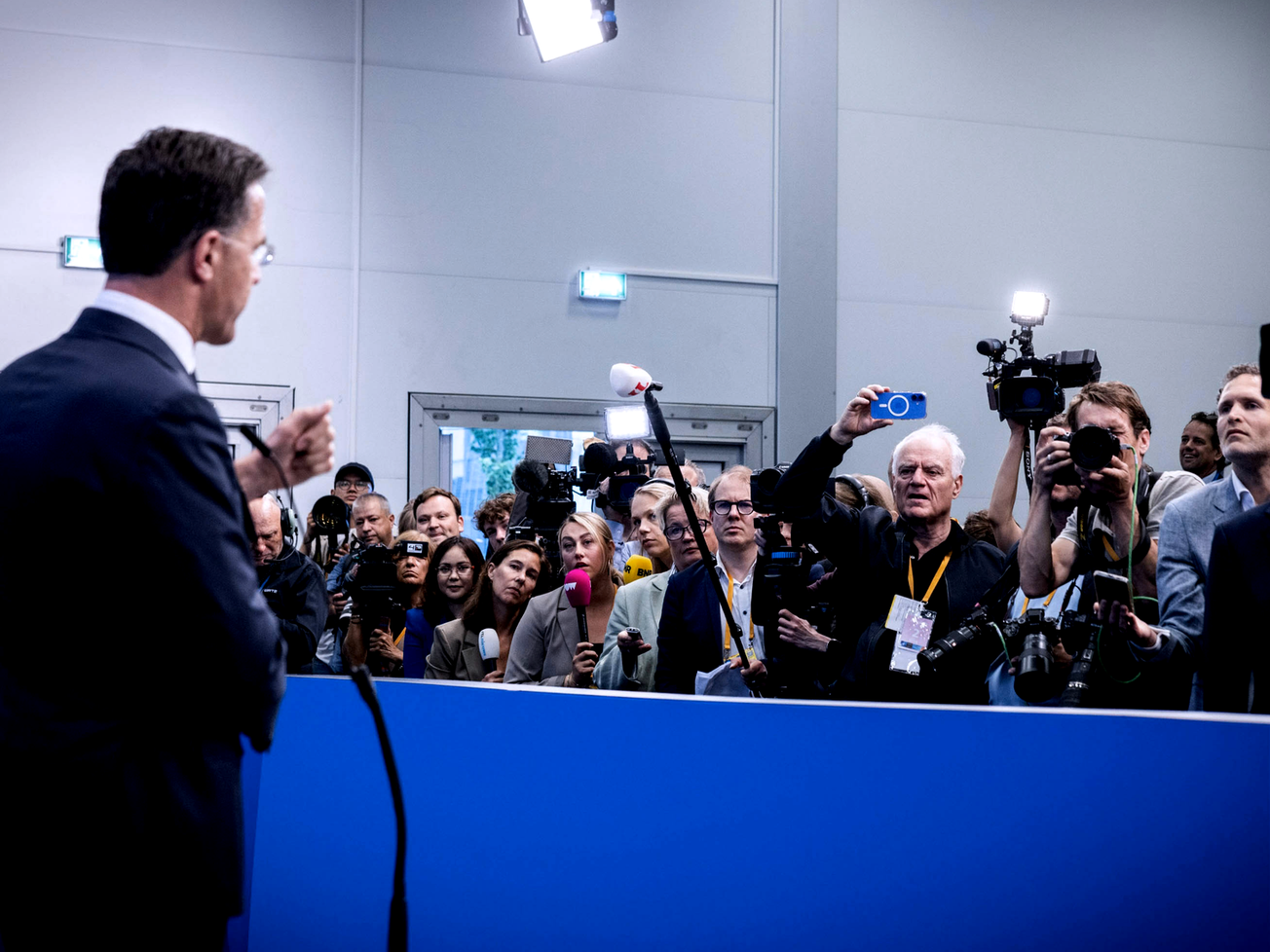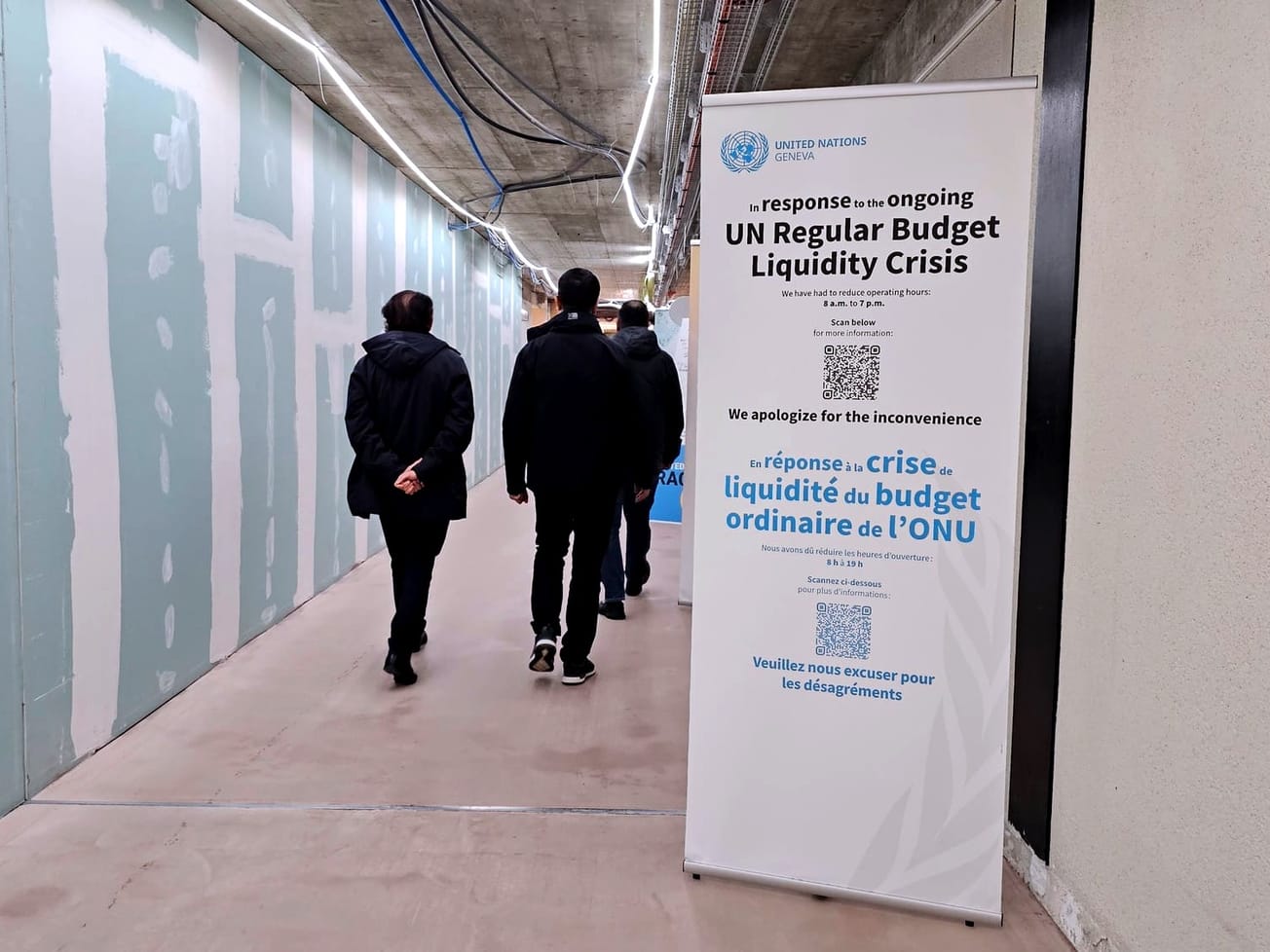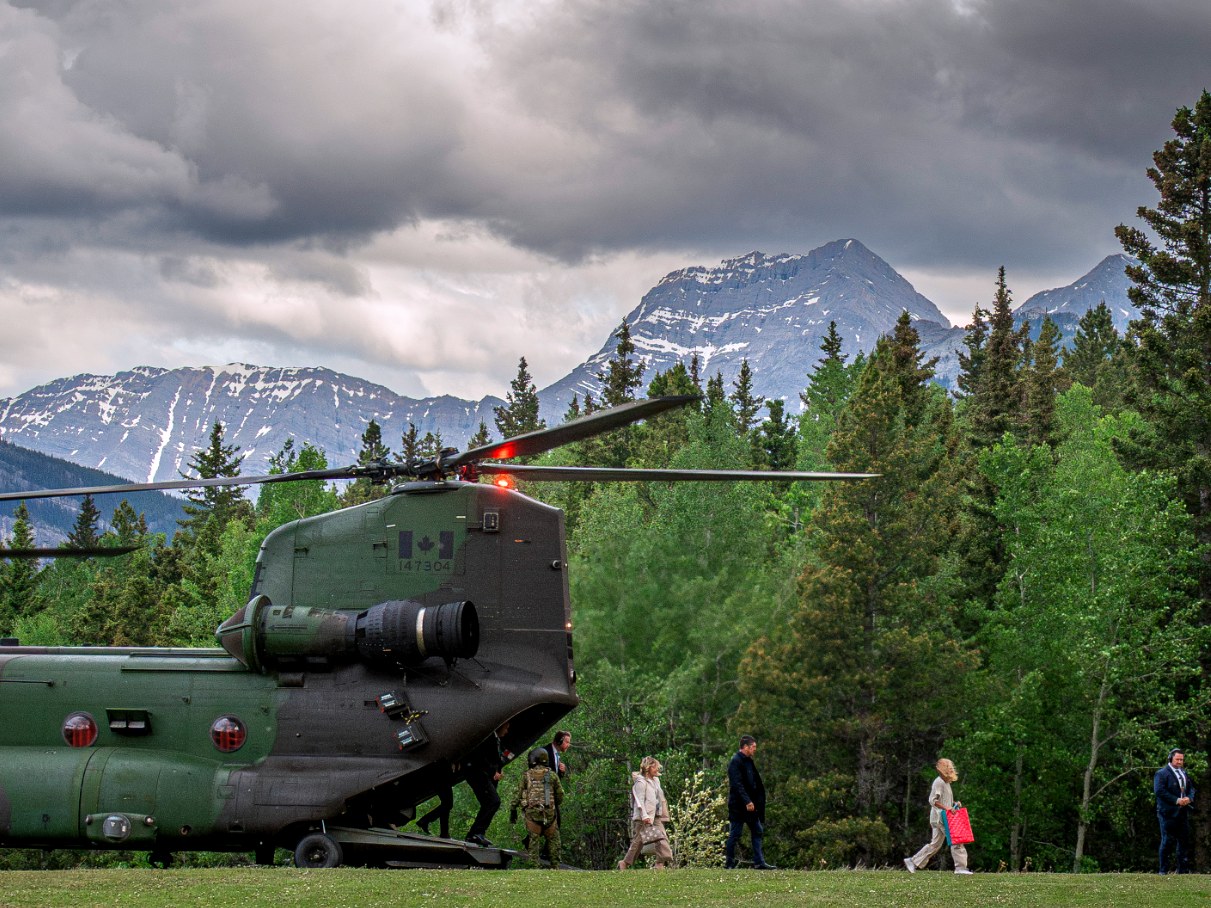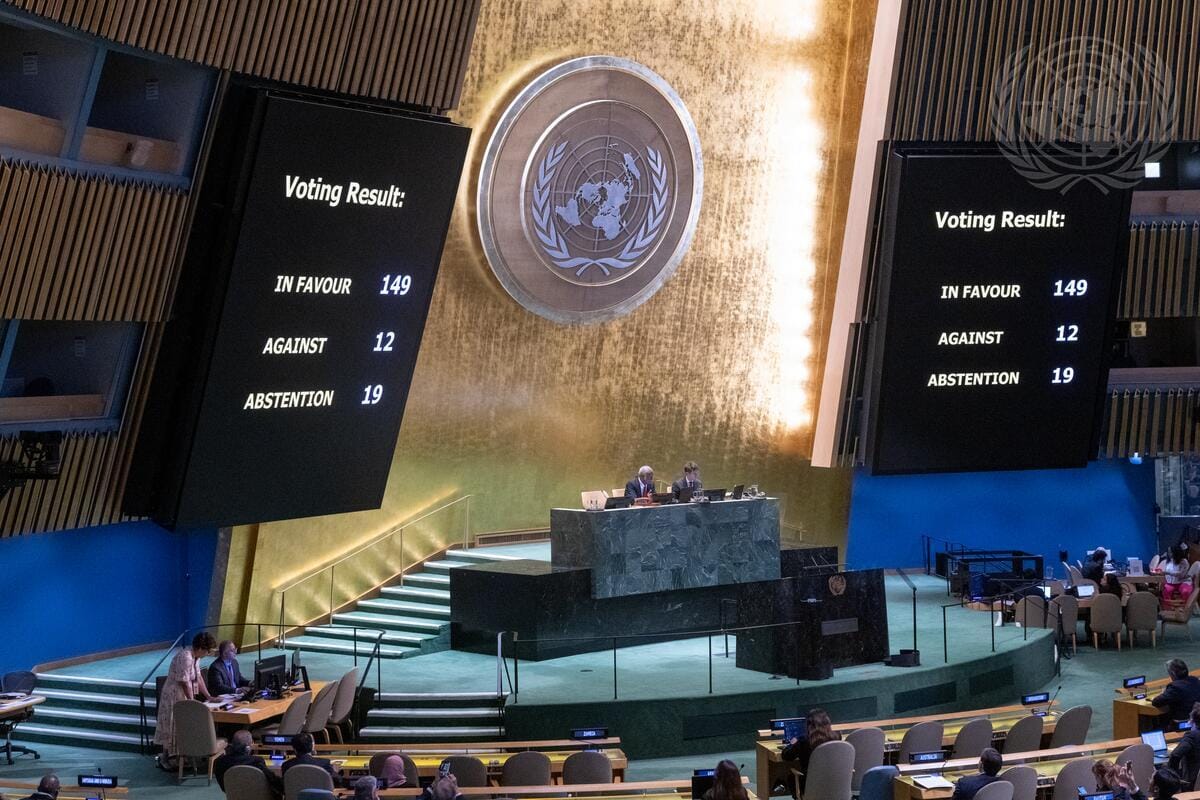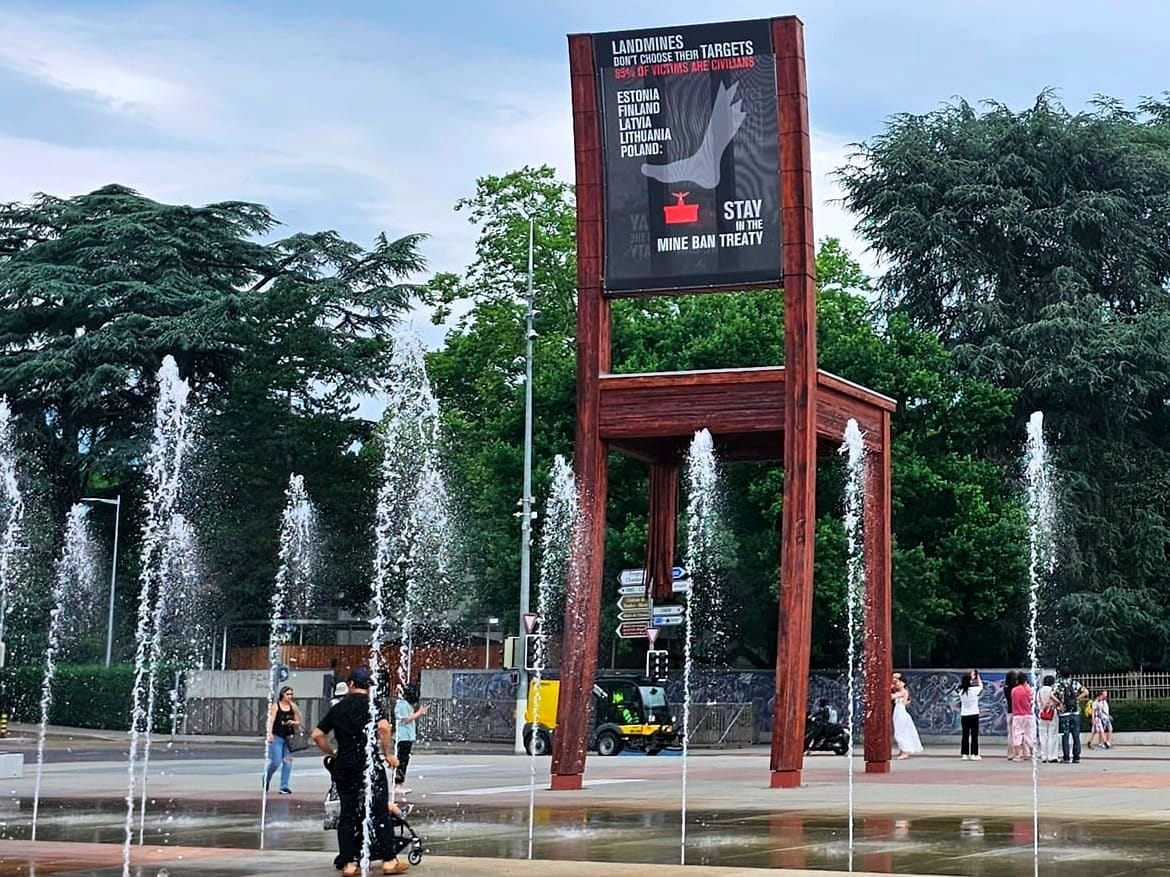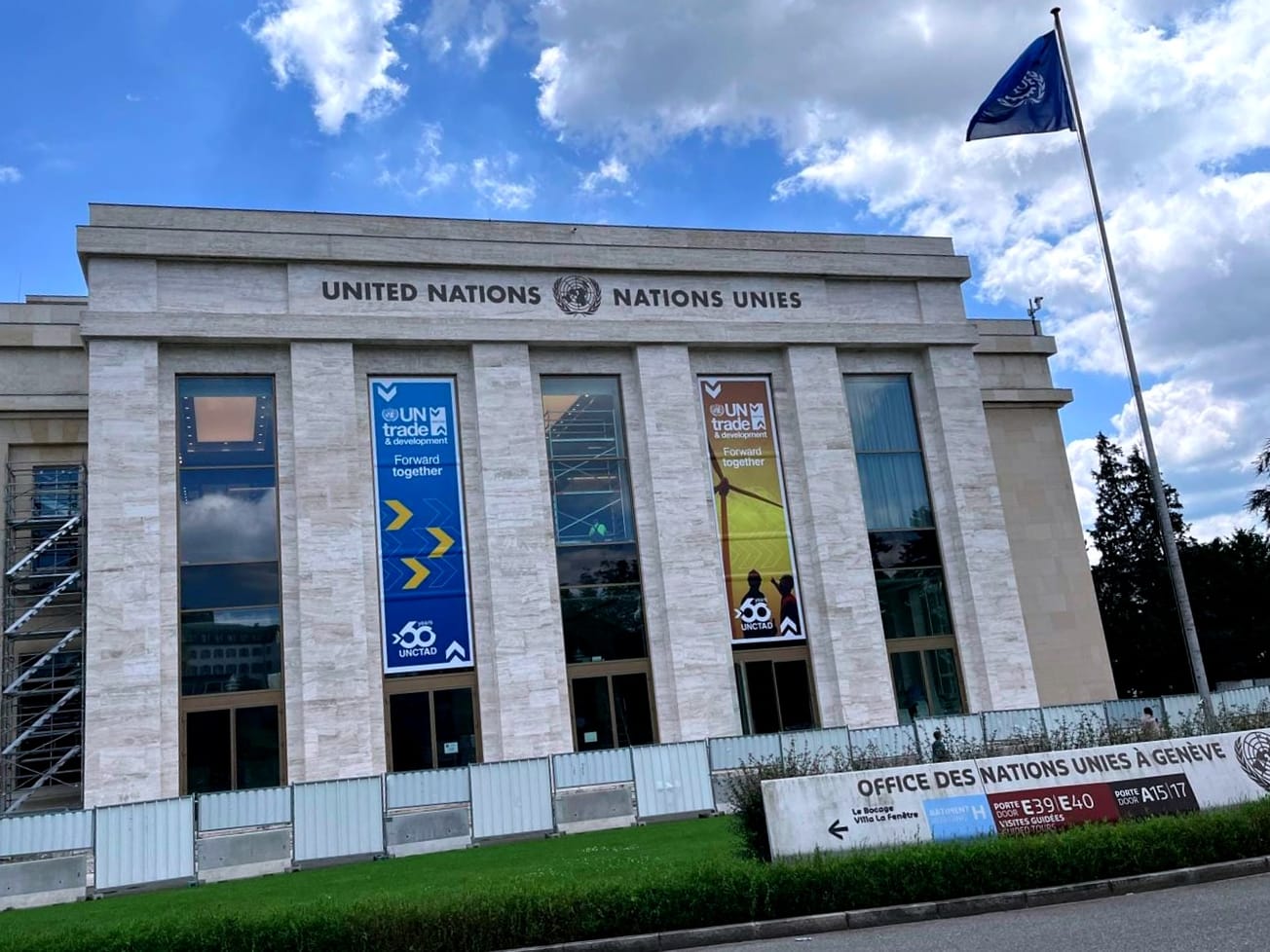GENEVA (AN) — The global commerce system suffered a serious blow on Wednesday when the World Trade Organization's appellate body was brought to a grinding halt by United States opposition to refilling the ranks of judges on its bench.
WTO's ability to resolve disputes among nations, arguably its most important function, depends on the workings of its appellate body — the world's top court for settling trade disputes. That function is now in paralysis, after the latest four-year terms served by two of the appellate body's last three remaining members came to an end at midnight on Tuesday, with no one named to replace them.

